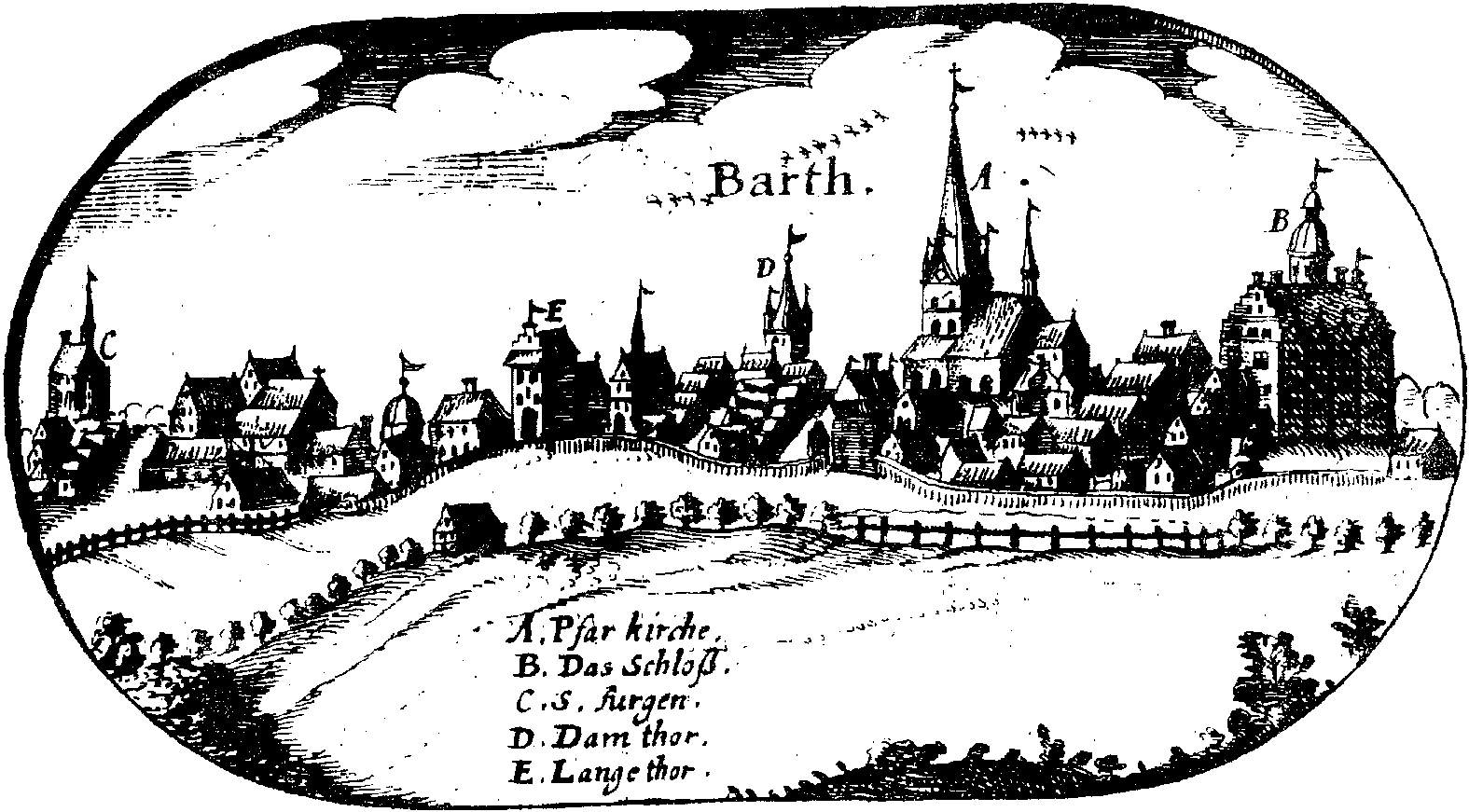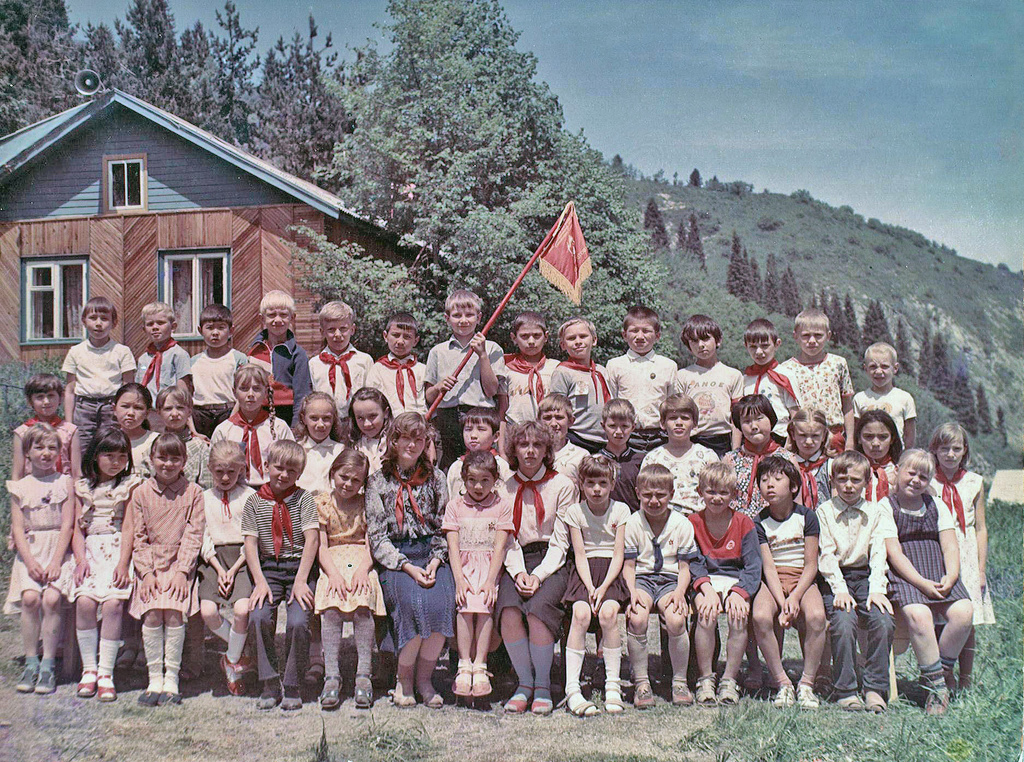|
Jutta Braband
Jutta Braband (born Jutta Czichotzke, 13 March 1949) is a former German politician. In the German Democratic Republic she was a civil rights activist who after 1990 became a PDS member of the Germany parliament (''Bundestag''). Her parliamentary career ended in May 1992 after it had become known that fifteen years earlier she had worked for the Ministry for State Security (''Stasi'') as a registered informant (''"inoffizieller Mitarbeiter"''). Life Provenance and early years Jutta Czichotzke was born in Barth, a small town close to the northern coast of a region which at that time was administered as Germany's Soviet occupation zone. She grew up in nearby Stralsund. Her father was a building engineer: her mother was a police officer. Between 1965 and 1967 she undertook a traineeship in industry and commerce. She passed her school final exams (''Abitur'') and the local sixth form college and moved on to work in industry, first in Stralsund and later in Berlin. She also, ... [...More Info...] [...Related Items...] OR: [Wikipedia] [Google] [Baidu] |
Barth, Germany
Barth is a town in Mecklenburg-Vorpommern, Germany. It is situated at a lagoon (Bodden) of the Baltic Sea facing the Fischland-Darss-Zingst peninsula. Barth belongs to the district of Vorpommern-Rügen. It is close to the Western Pomerania Lagoon Area National Park. In 2011, it held a population of 8,706. History Barth dates back to the medieval German Ostsiedlung, before which the area was settled by Wends of the Liuticians or Rani tribe. Jaromar II, Danish prince of Rügen, granted the town Lübeck law in 1255. In the same document, he agreed to remove his burgh, ''Borgwall'' or ''Neue Burg'', then on the northwestern edge of the town's projected limits. Another Wendish burgh, ''Alte Burg'' near today's train station, was not used anymore. The German town was set up on empty space between the burghs. Not a member of the Hanseatic League, the town never grew to the importance and size of neighboring Hanseatic towns like Stralsund. The last prince of Rügen, Witzlaw III ... [...More Info...] [...Related Items...] OR: [Wikipedia] [Google] [Baidu] |
Republikflucht
''Republikflucht'' (German for "desertion from the republic") was the colloquial term in the German Democratic Republic (East Germany) for illegal emigration to West Germany, West Berlin, and non-Warsaw Pact countries; the official term was ''Ungesetzlicher Grenzübertritt'' ("unlawful border crossing"). ''Republikflucht'' applied to both the 3.5 million Germans who migrated legally from the Soviet occupation zone and East Germany before the Berlin Wall was built on 13 August 1961, and the thousands who migrated illegally across the Iron Curtain until 23 December 1989. It has been estimated that 30,000 people left the GDR per year between 1984 and 1988, and up to 300,000 per year before the construction of the Berlin Wall in 1961. Legislation As of June 28th, 1979, the wording of § 213 StGB was: (1) Unlawfully crossing the border of the German Democratic Republic or violating legislation regarding temporary residence within the German Democratic Republic as well as transit ... [...More Info...] [...Related Items...] OR: [Wikipedia] [Google] [Baidu] |
Stasi Records Agency
, commonly known as the ) , dissolved = June 17, 2021 , superseding1 = , agency_type = Former Secret Police Archive , jurisdiction = , status = Dissolved, now part of the German Federal Archives , headquarters = Karl-Liebknecht-Straße31/33Berlin-Lichtenberg, Germany , coordinates = , motto = , employees = 1,313 () , budget = , chief1_name = Roland Jahn , chief1_position = Federal Commissioner for the Stasi Records , parent_department = , parent_agency = , website = (in English) , agency_id = , map = , map_size = , map_caption = Location on a map of Berlin. , map_alt = , footnotes = , embed = The Stasi Records Agency (german: Stasi-Unterlagen-Behörde) was the organisation that administered the archives of Ministry of State Secu ... [...More Info...] [...Related Items...] OR: [Wikipedia] [Google] [Baidu] |
Spanish Civil War
The Spanish Civil War ( es, Guerra Civil Española)) or The Revolution ( es, La Revolución, link=no) among Nationalists, the Fourth Carlist War ( es, Cuarta Guerra Carlista, link=no) among Carlists, and The Rebellion ( es, La Rebelión, link=no) or The Uprising ( es, La Sublevación, link=no) among Republicans. was a civil war in Spain fought from 1936 to 1939 between the Republicans and the Nationalists. Republicans were loyal to the left-leaning Popular Front government of the Second Spanish Republic, and consisted of various socialist, communist, separatist, anarchist, and republican parties, some of which had opposed the government in the pre-war period. The opposing Nationalists were an alliance of Falangists, monarchists, conservatives, and traditionalists led by a military junta among whom General Francisco Franco quickly achieved a preponderant role. Due to the international political climate at the time, the war had many facets and was variously viewed as cla ... [...More Info...] [...Related Items...] OR: [Wikipedia] [Google] [Baidu] |
Fascism
Fascism is a far-right, authoritarian, ultra-nationalist political ideology and movement,: "extreme militaristic nationalism, contempt for electoral democracy and political and cultural liberalism, a belief in natural social hierarchy and the rule of elites, and the desire to create a (German: “people’s community”), in which individual interests would be subordinated to the good of the nation" characterized by a dictatorial leader, centralized autocracy, militarism, forcible suppression of opposition, belief in a natural social hierarchy, subordination of individual interests for the perceived good of the nation and race, and strong regimentation of society and the economy. Fascism rose to prominence in early 20th-century Europe. The first fascist movements emerged in Italy during World War I, before spreading to other European countries, most notably Germany. Fascism also had adherents outside of Europe. Opposed to anarchism, democracy, pluralism, liberalism ... [...More Info...] [...Related Items...] OR: [Wikipedia] [Google] [Baidu] |
Francisco Franco
Francisco Franco Bahamonde (; 4 December 1892 – 20 November 1975) was a Spanish general who led the Nationalist faction (Spanish Civil War), Nationalist forces in overthrowing the Second Spanish Republic during the Spanish Civil War and thereafter ruled over Spanish State, Spain from 1939 to 1975 as a dictator, assuming the title ''Caudillo''. This period in Spanish history, from the Nationalist victory to Franco's death, is commonly known as Francoist Spain or as the Francoist dictatorship. Born in Ferrol, Spain, Ferrol, Galicia (Spain), Galicia, into an upper-class military family, Franco served in the Spanish Army as a cadet in the Toledo Infantry Academy from 1907 to 1910. While serving in Spanish protectorate in Morocco, Morocco, he rose through the ranks to become a brigadier general in 1926 at age 33, which made him the #Military career, youngest general in all of Europe. Two years later, Franco became the director of the General Military Academy in Zaragoza. A ... [...More Info...] [...Related Items...] OR: [Wikipedia] [Google] [Baidu] |
Francoist Spain
Francoist Spain ( es, España franquista), or the Francoist dictatorship (), was the period of Spanish history between 1939 and 1975, when Francisco Franco ruled Spain after the Spanish Civil War with the title . After his death in 1975, Spain transitioned into a democracy. During this time period, Spain was officially known as the Spanish State (). The nature of the regime evolved and changed during its existence. Months after the start of the Spanish Civil War in July 1936, Franco emerged as the dominant rebel military leader and was proclaimed head of state on 1 October 1936, ruling a dictatorship over the territory controlled by the Nationalist faction. The 1937 Unification Decree, which merged all parties supporting the rebel side, led to Nationalist Spain becoming a single-party regime under the FET y de las JONS. The end of the war in 1939 brought the extension of the Franco rule to the whole country and the exile of Republican institutions. The Francoist dictatorshi ... [...More Info...] [...Related Items...] OR: [Wikipedia] [Google] [Baidu] |
Warsaw Pact
The Warsaw Pact (WP) or Treaty of Warsaw, formally the Treaty of Friendship, Cooperation and Mutual Assistance, was a collective defense treaty signed in Warsaw, Poland, between the Soviet Union and seven other Eastern Bloc socialist republics of Central and Eastern Europe in May 1955, during the Cold War. The term "Warsaw Pact" commonly refers to both the treaty itself and its resultant defensive alliance, the Warsaw Treaty Organization (WTO). The Warsaw Pact was the military complement to the Council for Mutual Economic Assistance (Comecon), the regional economic organization for the socialist states of Central and Eastern Europe. The Warsaw Pact was created in reaction to the integration of West Germany into the North Atlantic Treaty Organization (NATO)"In reaction to West Germany's NATO accession, the Soviet Union and its Eastern European client states formed the Warsaw Pact in 1955." Citation from: in 1955 as per the London and Paris Conferences of 1954.The Warsaw Pact R ... [...More Info...] [...Related Items...] OR: [Wikipedia] [Google] [Baidu] |
Prague Spring
The Prague Spring ( cs, Pražské jaro, sk, Pražská jar) was a period of political liberalization and mass protest in the Czechoslovak Socialist Republic. It began on 5 January 1968, when reformist Alexander Dubček was elected First Secretary of the Communist Party of Czechoslovakia (KSČ), and continued until 21 August 1968, when the Soviet Union and most of Warsaw Pact members invaded the country to suppress the reforms. The Prague Spring reforms were a strong attempt by Dubček to grant additional rights to the citizens of Czechoslovakia in an act of partial decentralization of the economy and democratization. The freedoms granted included a loosening of restrictions on the media, speech and travel. After national discussion of dividing the country into a federation of three republics, Bohemia, Moravia-Silesia and Slovakia, Dubček oversaw the decision to split into two, the Czech Socialist Republic and Slovak Socialist Republic. This dual federation was the only for ... [...More Info...] [...Related Items...] OR: [Wikipedia] [Google] [Baidu] |
Free German Youth
The Free German Youth (german: Freie Deutsche Jugend; FDJ) is a youth movement in Germany. Formerly, it was the official youth movement of the German Democratic Republic (GDR) and the Socialist Unity Party of Germany. The organization was meant for young adults, both male and female, between the ages of 14 and 25 and comprised about 75% of the young adult population of former East Germany. In 1981–1982, this meant 2.3 million members. After joining the Thälmann Pioneers, which was for school children between ages 6 to 13, East German youths would usually join the FDJ. The FDJ was intended to be the "reliable assistant and fighting reserve of the Worker's Party", while Socialist Unity Party of Germany was a member of the National Front and had representatives in the People's Chamber. The political and ideological goal of the FDJ was to influence every aspect of life of young people in the GDR, distribute Marxist–Leninist teachings and promote communist behavior. Membe ... [...More Info...] [...Related Items...] OR: [Wikipedia] [Google] [Baidu] |
Pioneer Movement
A pioneer movement is an organization for children operated by a communist party. Typically children enter into the organization in elementary school and continue until adolescence. The adolescents then typically join the Young Communist League. Prior to the 1990s there was a wide cooperation between pioneer and similar movements of about 30 countries, coordinated by the international organization, '' International Committee of Children's and Adolescents' Movements'' (french: Comité international des mouvements d'enfants et d'adolescents, CIMEA), founded in 1958, with headquarters in Budapest, Hungary. Overview During the Russian Civil War from 1917 to 1921, most of the Russian Scoutmasters and many Scouts fought in the ranks of the White Army against the Red Army. Between 1918 and 1920, the All-Russian Congresses of the Russian Union of the Communist Youth ( Komsomol) decided to eradicate the Scout movement and create an organization of the communist type, that would take Sov ... [...More Info...] [...Related Items...] OR: [Wikipedia] [Google] [Baidu] |




.jpg)


